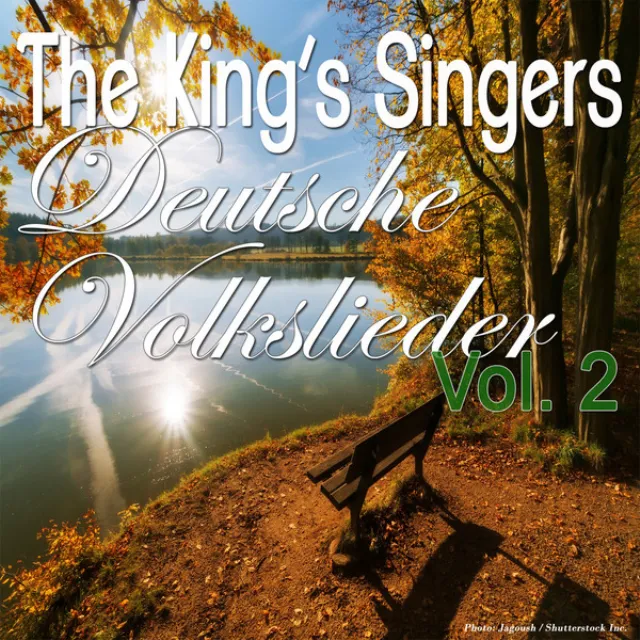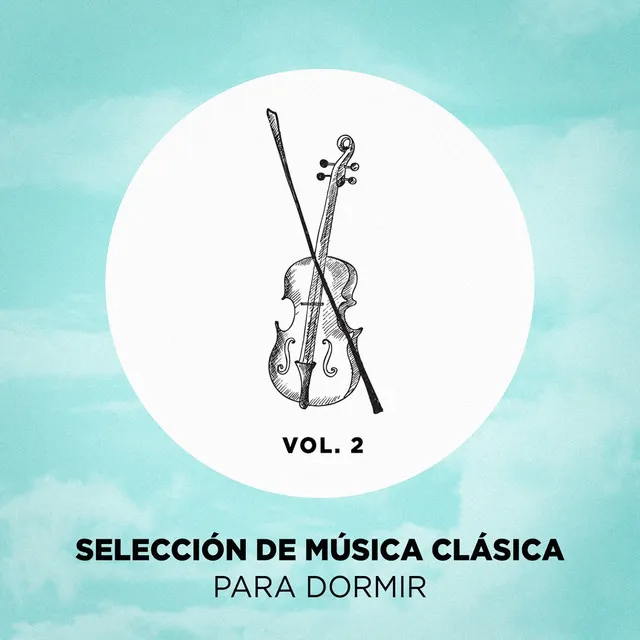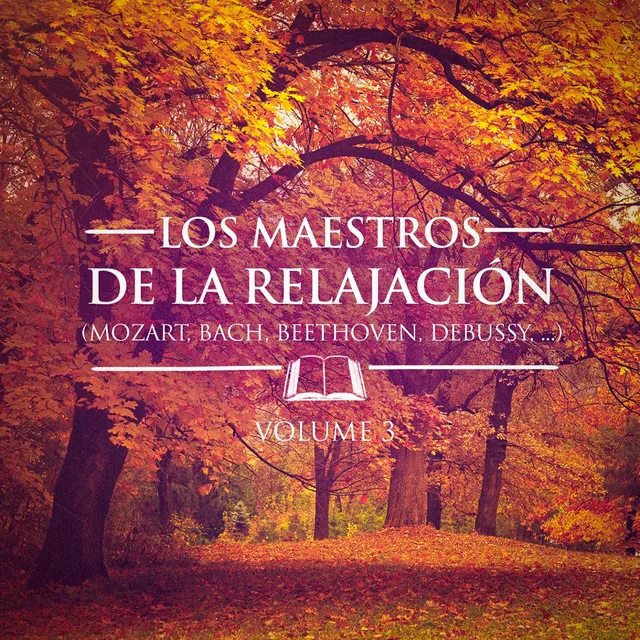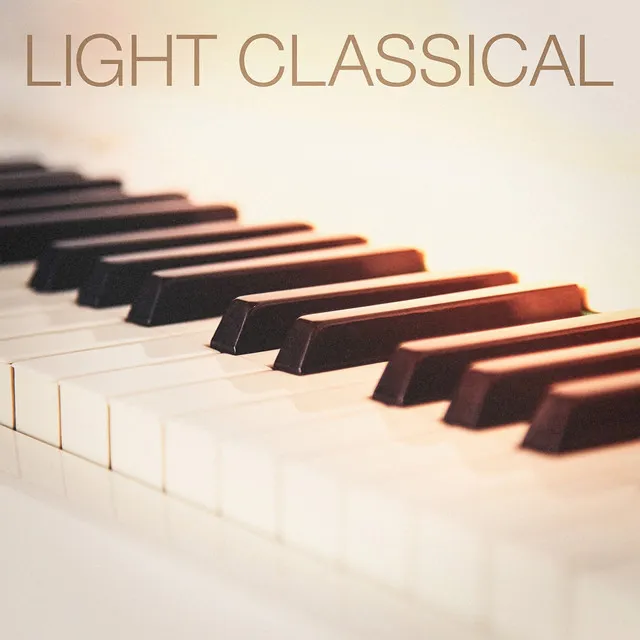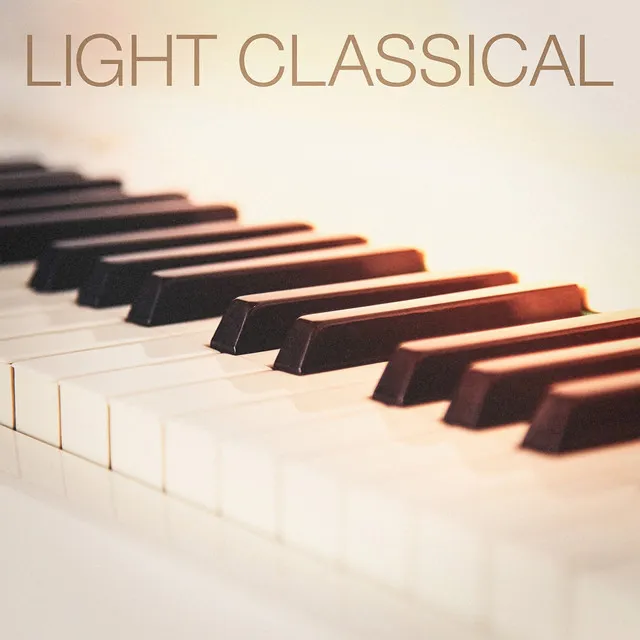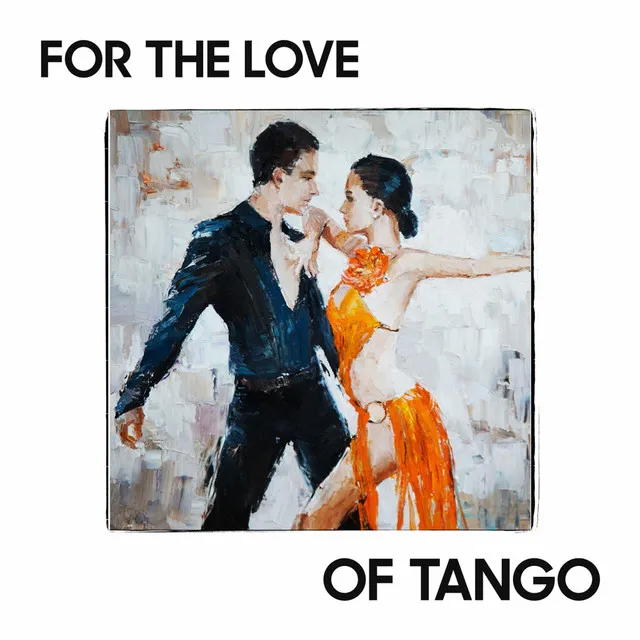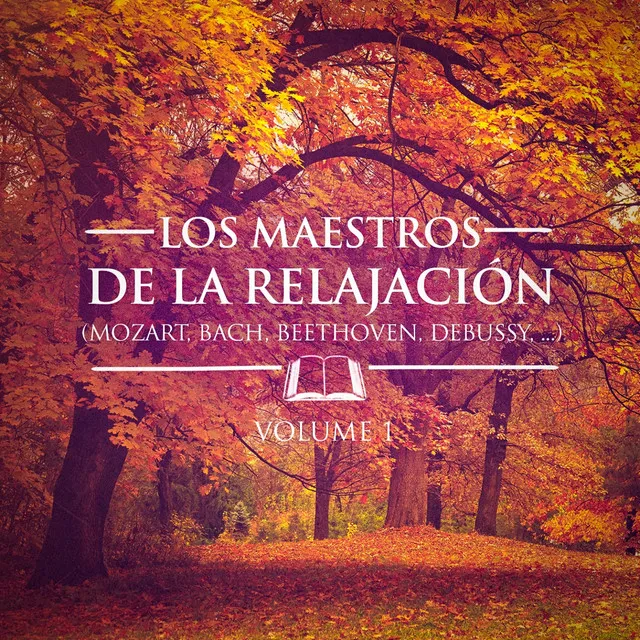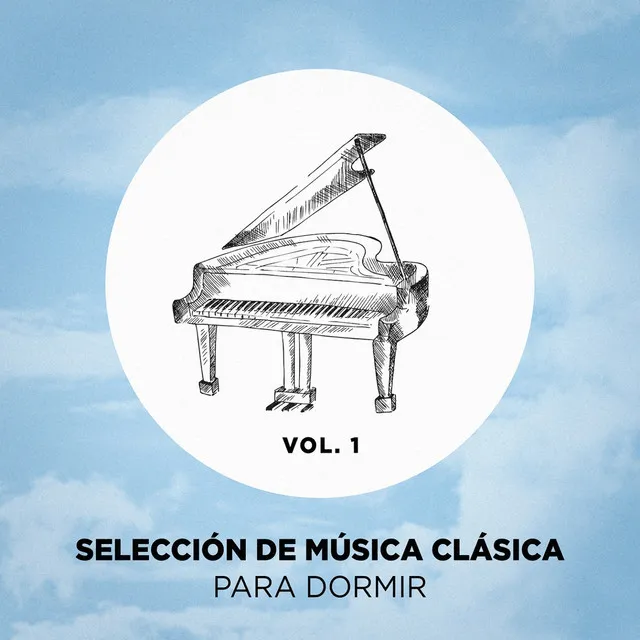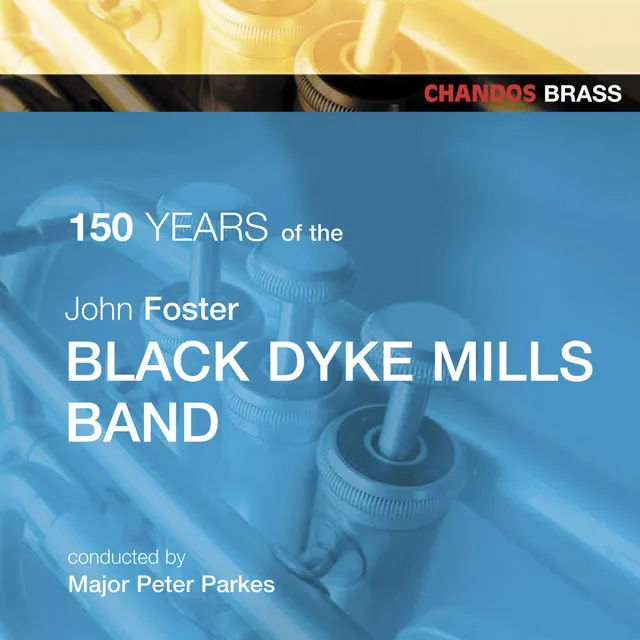Of the many twentieth- and now twenty-first century musicians who have hovered on the border between so-called light music and serious music, Englishman Gordon Langford must rank among the most successful. To his country, he is a little something like a Henry Mancini or a Burt Bacharach is to the United States; but he has never fully turned his back on the classical tradition that was his upbringing.
Gordon Langford was born in Edgware in 1930 and learned the piano as a child. He achieved remarkable proficiency in just a few years, and in 1941 he appeared as the featured soloist in a performance of a Mozart piano concerto. He attended the Royal Academy of Music during his teen years, and began writing music. He was very much in demand as a pianist, mostly for lighter pseudo-pop fare, throughout the 1960s, and he was soon known for his skillful touch as an orchestrator of theater and film music. But it is perhaps his variety-filled work with the King's Singers that has, because of the tremendous sales that the Singers have enjoyed, been heard by the largest audience. He was integral to the King's Singers' first album back in 1971 (he made five arrangements, and his group, the Gordon Langford Trio, did backup for four numbers), and has continued the association ever since; the 1985 disc Watching the White Wheat: Folksongs of the British Isles features several fine folk music arrangements by Langford. An arrangement Langford made of Jingle Bells has been fodder for many singing groups professional and amateur, including the Pro Arte Singers back in 1989.
Langford's original work includes a number of overtures and fantasies for orchestra (including the Grand Fantasia on "La bohème," composed in 1994 for the hundredth anniversary of the Proms) and a dozen or so works for band and brass ensemble, some of which were instigated by an association with the Philip Jones Brass Ensemble.
Langford has been honored many times throughout his career; key among his awards are the Gold Badge of Merit from the British Academy of Songwriters, Composers and Authors (1994) and an Ivor Novello Award (1971).
